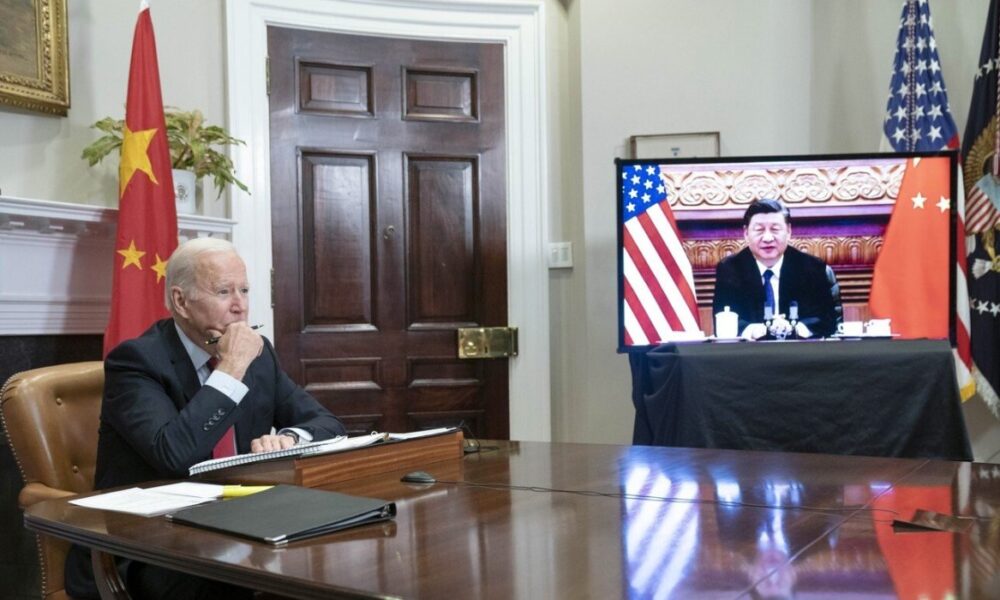Regulation
Biden officials clash with bitcoin advocates over regulatory stance

Biden officials recently held discussions with prominent bitcoin advocates, including Congressman Ro Khanna, Mark Cuban, Anthony Scaramucci, and Brad Garlinghouse. Scott Melker, host of The Wolf of All Streets podcast, and James Heckman, CEO of Roundtable Media, weighed in on the implications of those discussions and the broader conflict of interest between the government’s actions and the cryptocurrency community.
Scott Melker expressed skepticism about the intentions behind these discussions. “When you look at the actions, the enforcement actions, and then recently the White House veto of SAB 121… you know exactly where they are because you can see what they’re doing,” Melker pointed out. He highlighted the contradiction between political rhetoric and actual policy decisions, particularly regarding a bipartisan bill that would have allowed large financial institutions to hold cryptocurrencies.
Heckman explained that the interests of politicians and the general public when it comes to currency are not aligned. “The problem with Congress and the executive branch is that their interests are not aligned with the general public when it comes to currency,” Heckman said. He explained that politicians often prioritize actions that get them votes and the support of powerful sectors like the military-industrial complex.
Heckman highlighted the consequences of inflation and its impact on consumers. “A hamburger used to cost $150 a pound, and now it’s $5 a pound. Gasoline used to cost $1, now it’s $5, $6, $7,” he noted. This inflation, according to Heckman, is a direct result of policies that increase the money supply, thereby decreasing the value of money.
Scroll to continue
According to Heckman, the move toward bitcoin poses a threat to government power. “If consumers move toward bitcoin, a currency that has limited value, that destroys their power,” he said. BitcoinThe decentralized nature of the system challenges the traditional financial system controlled by the Federal Reserve and other centralized institutions.
Despite the public appearances and meetings, Melker and Heckman remain cautious about the future of cryptocurrency regulation in the United States. The move toward central bank digital currencies (CBDCs) and the potential crackdown on bitcoin signal an ongoing struggle between innovation and established power structures.
